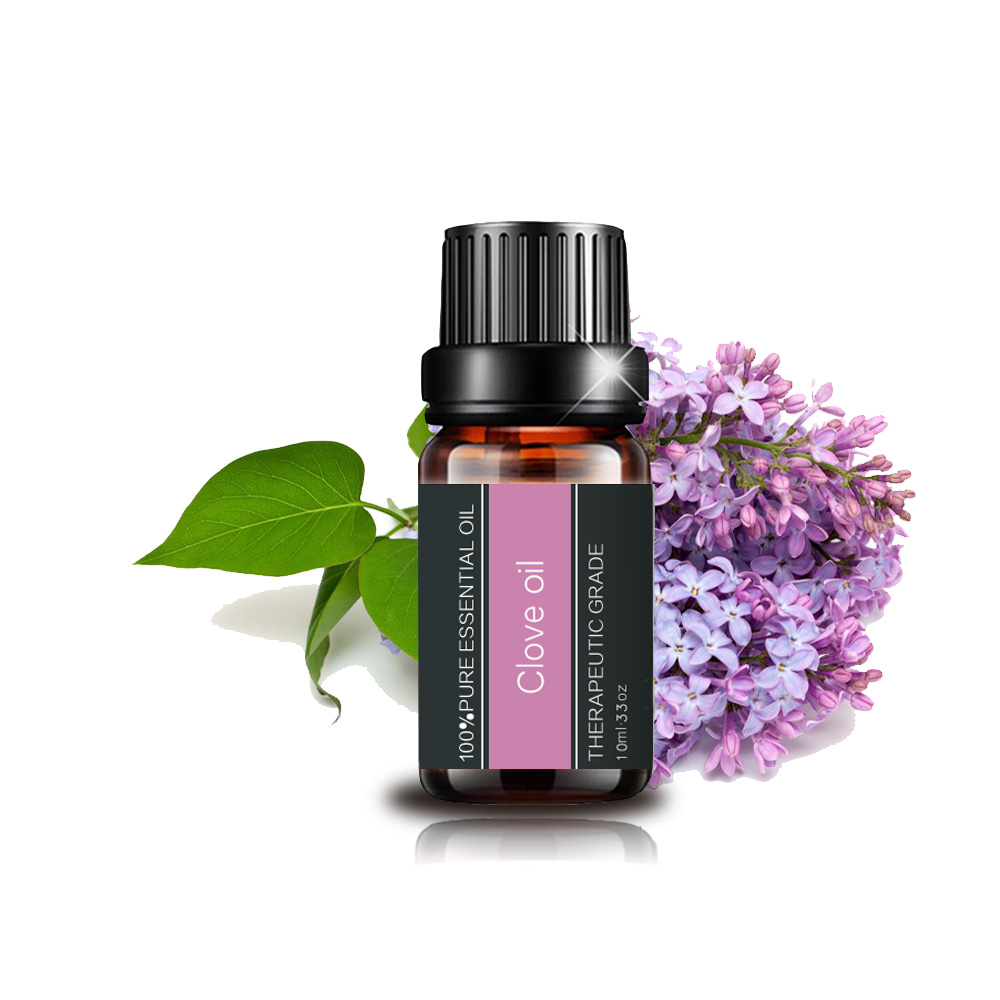 Essential oils have become immensely popular over the past decade. Clove essential oil is derived from the flower buds of the Eugenia caryophyllata tree, a member of the myrtle family. While originally native to just a few islands in Indonesia, cloves are now cultivated in several places around the world.
Essential oils have become immensely popular over the past decade. Clove essential oil is derived from the flower buds of the Eugenia caryophyllata tree, a member of the myrtle family. While originally native to just a few islands in Indonesia, cloves are now cultivated in several places around the world.
Clove essential oil has long been a popular remedy for tooth pain. Reports of it being used for this purpose date back more than 300 years. In China, it has been used for multiple purposes for more than 2,000 years, including as an antiparasitic agent.
Clove essential oil has become synonymous with health and wellness for some of its fans. However, there are serious health risks associated with the substance. Research can help you find the boundary between healthful and harmful.
Health Benefits of Clove Essential Oil
Treating Dental Pain
The use of clove oil on a toothache was first documented in 1649 in France. It continues to be a popular solution today, thanks to the powerful molecule, eugenol. Eugenol is a natural anesthetic.
While clove essential oil is good for treating pain, there is insufficient evidence that it also effectively kills the bacteria causing the problem.
Antioxidants: Clove oil’s high antioxidant content can help prevent cellular aging. The use of clove oil in cancer research is under consideration.
Immunity booster: Practitioners of Chinese medicine state that clove oil boosts the immune system’s strength by improving white blood cell function and blood circulation in the body.
Home remedies: Clove oil is used in a variety of home remedies to treat diarrhea, bad breath, nausea, vomiting, indigestion, and flatulence. It is a popular remedy against intestinal helminths
reliever: Clove essential oil is an excellent stress reliever, whose benefit can be attributed to the oil’s aphrodisiac properties.
Clove essential oil stimulates the mind and alleviates mental exhaustion and fatigue. This oil refreshes the mind and stimulates brain function when taken orally in sufficient quantities. It also induces sleep, making it an excellent treatment for people suffering from insomnia.
According to some research, clove essential oil can help treat neurological disorders, such as memory loss, anxiety, and depression.
Treating Dental Erosion;Some acidic foods and drinks may decalcify (break down) tooth enamel. Eugenol in clove oil, when used as a topical treatment, may reverse or minimize the effects of dental erosion, one study found.
However, more research is needed to fully explore the benefits of clove oil as a treatment or preventive ointment for tooth enamel erosion.
Are there any side effects of clove oil?
Cloves, like most other foods, should be consumed in moderation. Excessive consumption can result in bleeding, mucosal membrane irritation, sensitivity issues, and allergies. There is no evidence that cloves are safe for pregnant or lactating women. There has been little research on the benefits and side effects of cloves, but it is said that two to three cloves per day pose no risk. However, it is best to consult with a doctor first if including its supplements in the diet.
The clove cigarettes available in the markets are claimed to be a healthier way to kick nicotine addiction. However, this is not true. Clove cigarettes also contain nicotine. Additionally, direct inhalation of clove oil into the lungs may result in lung irritation and damage to lung tissue. Hence, clove cigarettes are not recommended to substitute regular ones.
NAME:Kelly
CALL:18170633915
WECHAT:18770633915
Post time: Mar-20-2023

